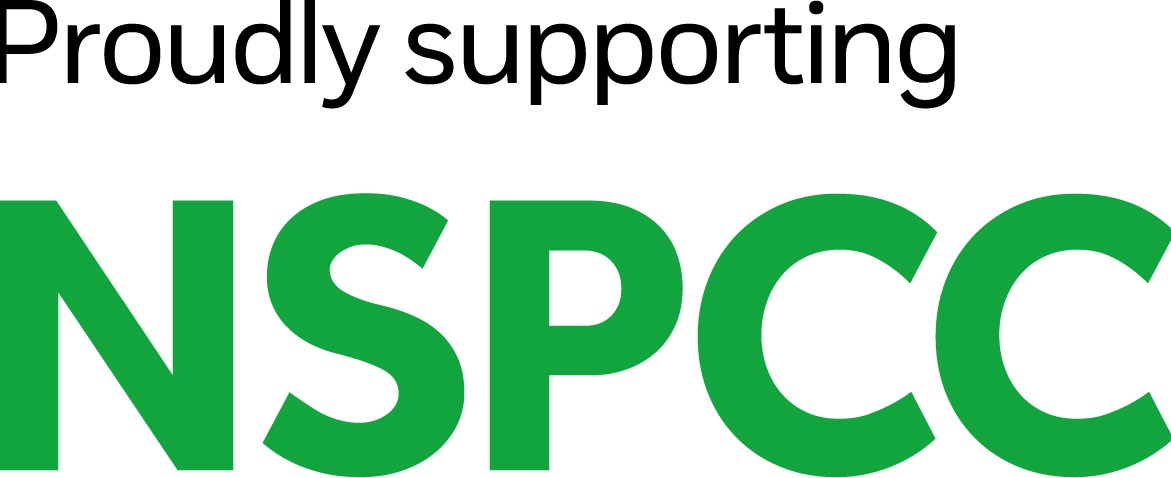
Holly Black: Welcome to the Morningstar Investment Board. I'm Holly Black, today we are talking about credit records. These are kind of scary, and there's lots of myths around them. It's probably not as bad as you think it is, would be my overarching takeaway, that doesn't mean you can turn off, you still have to listen to the rest. So a credit record is your footprint that companies use to decide whether to give you a credit card or a loan or a mortgage helps them go back through your history to see if you're good at paying your bills, or if you look a bit too risky, and they don't want to lend to you. So what is it compiled of?
So firstly, there's four buckets to it really, first is public records that are things like the electoral register or bankruptcy, things that are out there in the public sphere. The second is your credit accounts. So that might be credit cards, you already have, rent you pay, utilities bills, things like that. Links are the second one. This is where a lot of the myths come in. But this will be linked to address, to previous names you have or two people you are financially tied to, we will come back to that in more detail. The last bit is consumer data. This is stuff you actually add yourself. So you know when you fill in a form, and it says we need your address for the last three years, maybe you were travelling for a year. So you want to put a notice of correction, on your credit account to explain. That's not because you were off doing something sinister, you're still reliable, you just were travelling. And you're allowed to do that.
Credit agencies compile all this up into a score. So, we'll start with one myth, I'm going to start putting the myths over here. And that is that you have one credit score, you don't. There are different agencies and they will score you differently. Think about it on my kind o odometer almost all speeder, or speedo. So one of the most commonly heard agencies will be Experian that scores you 0 to 999. And you need to get quite higher output. So, you need 721 to get a fair rating. That's what they call it, 881 is good. And above 961 is excellent. Having excellent doesn't mean you'll get anything you apply for. But it does give you a better chance of doing that.
So why do we need to care about a credit record? Because it's going to affect whether you can get credit. So how can you improve it. Good things, register to vote, getting in the electoral roll, showing you exist, that's a good thing. If you have credit cards already, if you only use up to 30% of the limit, that shows you're not living on the edge of your means. And if you have a credit card limit of more than GBP5,000, that also stands you in good stead because that tells the lender, oh, other people are lending quite chunky sums of money to this person. So that makes them just following the crowd, aren't they at that point.
Bad things, things that will damage your score, paying late or not paying at all? As, utilities bills, credit card bills, loans, mortgages, the worst thing you can do is default on those loans. If you're using the 90% or more of the limit you have, say you have GBP10,000 on a credit card and you're in the GBP9,000 that starts to look risky to a lender because it shows that you're living on the edge of the means. If you have anything like a county court judgement on your record, doesn't stay there forever. But that can also make you look more risky. And the last thing is if you make lots of applications, if you get -- even if you don't get rejected if you apply for three credit cards in one day, because you're just trying it out, that tells the lender you're looking a little bit desperate because applications go on – they are recorded in your footprint on that record. And then lender start to wonder why you're making three applications in a day. What's going on there?
So let's go back to the myths. So you don't just have one score. That's one thing. Another myth is checking the score will damage your – will damage the record, not true. You can go and check for free with most of these agencies. People like Equifax and Experian what your score is you're entitled to know it because then you can improve it. Or you can find out if there's anything weird on there and put a notice of correction.
Another myth is the previous occupant of your house. We've heard of addresses being blacklisted. No, not true. Your credit record is for you and you only. It might be tied to your address because that's what your mortgage is registered to. That's where we get our links from. And because lenders want to know that we're not moving around every three months, because that makes them suspicious. Previous occupants of your home do not affect your score.
Similarly, nor do relationships previous or otherwise, the only way a relationship will affect your credit record is if you are linked to someone that's if you hold a joint account with them, a joint bank account or joint card, or a mortgage, and then you're linked through that product, it doesn't affect all of your record. And the last myth is that there is a blacklist, and that some people will never get any credit. It's not true. Different agencies rate different things more highly. So you might score higher with one agency than another. And similarly, credit card or loan providers will accept different levels of credit records for their products.
What are your rights with regard to a credit record? Well, we already mentioned that you're allowed to check it, you should know what's on your record. You should also know if someone has checked it. So you should be told, if you ask whether a provider has checked your credit record, if you're refused credit, and you again ask you should be given the reason because it might highlight something that's wrong, so you're allowed to correct it. And you're allowed the right to add comments or explanations if there's something a little bit out of the ordinary that you think needs further explanation. So that's credit records.




























